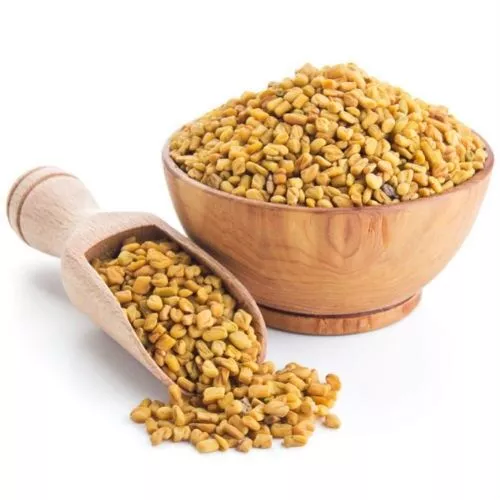
Fenugreek / Methi
₹9.00
Fenugreek adds a unique and distinctive element to the cuisine, making it a cherished ingredient in many cultures around the world.
Note: Burn Rate
- Description
- Additional information
- Reviews (0)
- Store Policies
- Inquiries
Description
Fenugreek, scientifically known as Trigonella foenum-graecum, is an herbaceous plant belonging to the Fabaceae family. It has a long history of culinary and medicinal use, particularly in South Asian and Mediterranean cuisines, as well as in traditional medicine systems like Ayurveda and traditional Chinese medicine. Fenugreek is valued for both its seeds and leaves, each offering a unique set of health benefits.
Nutritional Composition
Fenugreek seeds are rich in nutrients, including protein, fiber, vitamins, and minerals. They are particularly high in iron, manganese, magnesium, and vitamin B6. Additionally, fenugreek seeds contain various bioactive compounds, including saponins, flavonoids, and alkaloids, which contribute to their therapeutic properties.
Culinary Applications
Fenugreek, with its distinctive aroma and slightly bitter taste, is a versatile spice that adds depth and complexity to a wide range of dishes in various cuisines around the world. Here are some popular culinary uses of fenugreek:
Curries and Stews: Fenugreek seeds are a key ingredient in many curry powders and spice blends, including garam masala and berbere. They are often toasted or dry-roasted to enhance their flavor before being ground and added to curries, stews, and lentil dishes. Fenugreek seeds impart a warm, earthy flavor and aroma to these dishes, balancing the richness of other spices and adding depth to the overall flavor profile.
Pickles and Chutneys: Fenugreek seeds are commonly used in pickling spice blends to flavor pickles, relishes, and chutneys. They add a distinctive tanginess and complexity to these condiments, complementing the sweetness of fruits or the acidity of vinegar. Fenugreek seeds can be used whole or ground, depending on the desired intensity of flavor.
Breads and Baked Goods: Fenugreek leaves, also known as methi leaves, are widely used in Indian cuisine to flavor breads such as parathas, rotis, and naan. Fresh or dried fenugreek leaves are chopped and mixed into the dough to add a subtle bitterness and herbaceous flavor to the bread. Fenugreek seeds can also be used in baking, particularly in savory breads and rolls, where they provide texture and flavor.
Spice Pastes and Marinades: Fenugreek seeds are often included in spice pastes and marinades for marinating meats, poultry, and seafood. They help tenderize the meat and infuse it with flavor during the marinating process. Fenugreek seeds can be ground into a paste along with other spices, garlic, ginger, and yogurt to create a flavorful marinade for grilling, roasting, or barbecuing.
Vegetable Dishes: Fenugreek leaves are a popular ingredient in vegetable dishes such as sabzi (stir-fried vegetables) and aloo methi (potatoes with fenugreek leaves) in Indian cuisine. The leaves are typically sautéed with onions, garlic, and spices to create a fragrant and flavorful side dish that pairs well with rice or bread. Fenugreek seeds can also be added to vegetable stir-fries and casseroles to enhance their flavor and aroma.
Soups and Broths: Fenugreek seeds can be used to flavor soups, broths, and stocks, adding depth and complexity to the liquid base of the dish. They can be added whole or ground to the soup along with other spices and aromatics, such as onions, garlic, and ginger. Fenugreek seeds infuse the broth with their distinctive flavor, making it rich and aromatic.
Benefits Beyond Kitchen
-
-
- Blood Sugar Regulation: Fenugreek seeds contain soluble fiber, which can help slow down the absorption of carbohydrates and improve insulin sensitivity. Several studies have shown that fenugreek supplementation may help lower blood sugar levels in individuals with diabetes and improve glycemic control.
- Cholesterol Management: Fenugreek seeds have been found to have cholesterol-lowering effects, attributed to their high fiber content and the presence of compounds like saponins. Regular consumption of fenugreek seeds may help reduce levels of total cholesterol, LDL cholesterol (the “bad” cholesterol), and triglycerides, thus supporting heart health.
- Digestive Health: Fenugreek seeds are known for their digestive benefits, including relieving constipation, reducing bloating, and promoting regular bowel movements. The fiber and mucilage content of fenugreek seeds help bulk up stools and improve gastrointestinal motility, making them beneficial for individuals with digestive issues.
- Breast Milk Production: Fenugreek is commonly used as a galactagogue, a substance that promotes milk production in breastfeeding women. Several studies have shown that fenugreek supplementation can increase milk production and milk volume in lactating mothers, although more research is needed to confirm its efficacy and safety.
- Anti-inflammatory Properties: Fenugreek seeds contain compounds like diosgenin, which possess anti-inflammatory properties. These compounds may help reduce inflammation and alleviate symptoms of inflammatory conditions such as arthritis, asthma, and skin disorders when consumed regularly.
- Menstrual Health: Fenugreek seeds have been traditionally used to regulate menstrual cycles and alleviate symptoms of menstrual discomfort, such as cramps and bloating. The estrogenic properties of fenugreek seeds may help balance hormone levels and promote regular menstruation.
- Weight Management: The soluble fiber in fenugreek seeds helps create a feeling of fullness and satiety, which may aid in weight management by reducing appetite and calorie intake. Additionally, fenugreek seeds have been shown to increase fat metabolism and promote fat loss in some studies.
-
It’s important to note that while fenugreek offers several potential health benefits, it may interact with certain medications or have contraindications for certain medical conditions. As with any herbal supplement, it’s advisable to consult with a healthcare professional before incorporating fenugreek into your diet, especially if you are pregnant, breastfeeding, or have underlying health concerns.
In summary, fenugreek is a versatile spice that can be used in various culinary applications to enhance the flavor and aroma of dishes. Whether used in curries, pickles, breads, marinades, vegetable dishes, or soups, fenugreek adds a unique and distinctive element to the cuisine, making it a cherished ingredient in many cultures around the world.
Additional information
| Form | Powder, Whole |
|---|---|
| Quantity | 50 gm, 100 gm, 250 gm, 500 gm, 1 kg |
Be the first to review “Fenugreek / Methi” Cancel reply
General Inquiries
There are no inquiries yet.

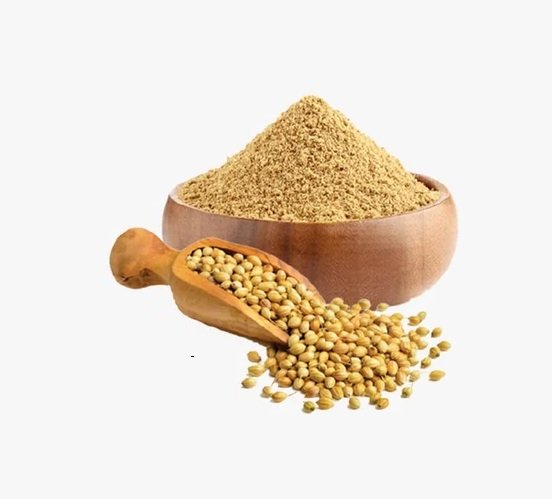
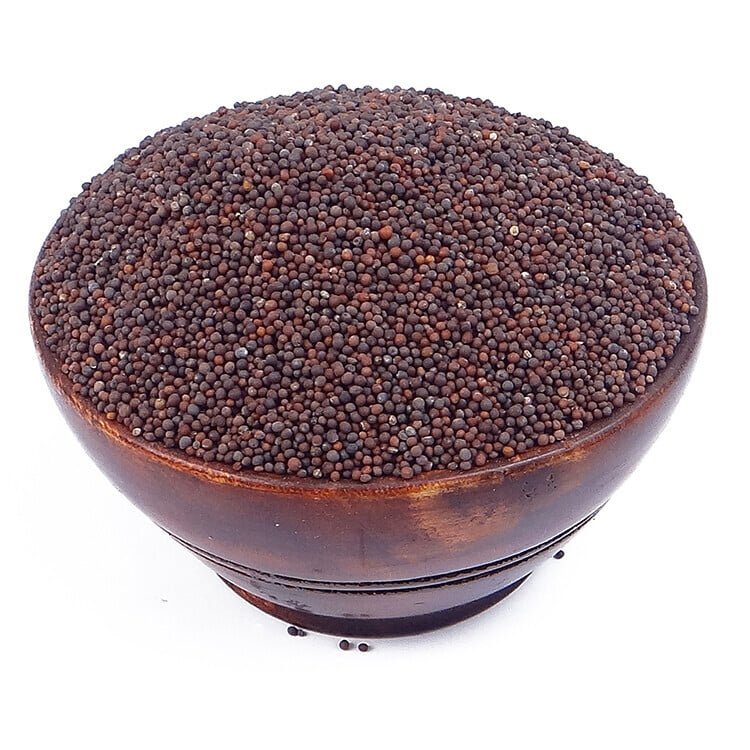
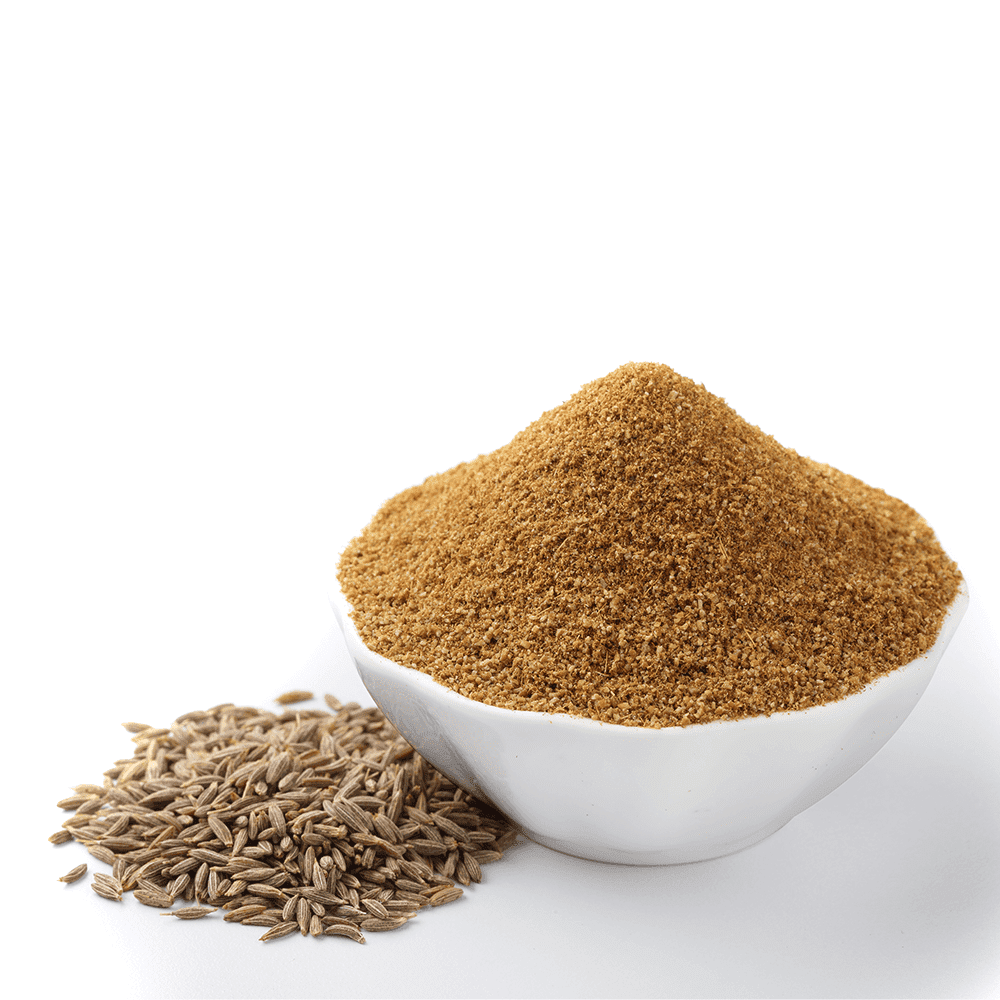
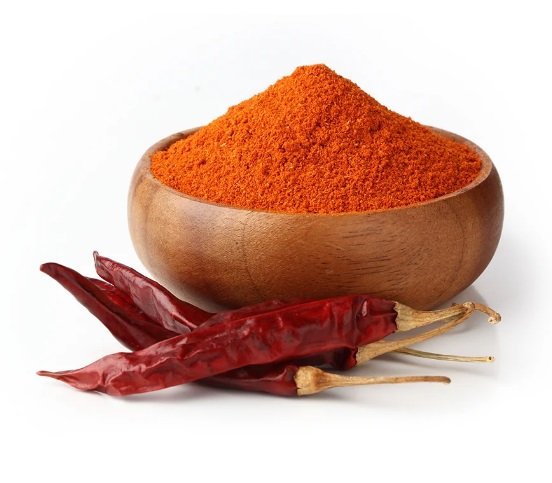
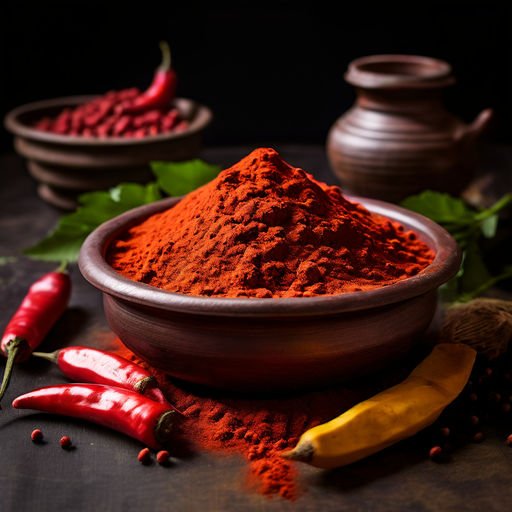
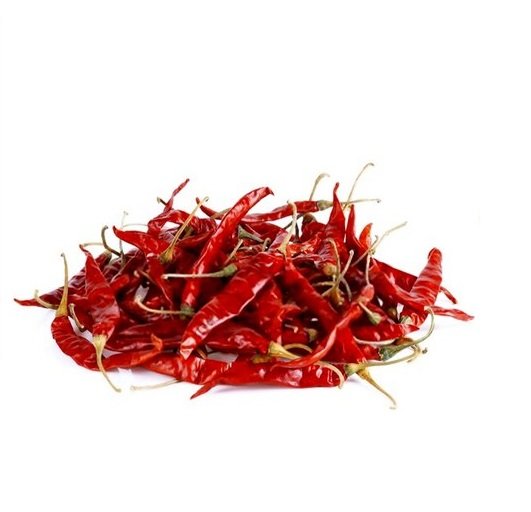
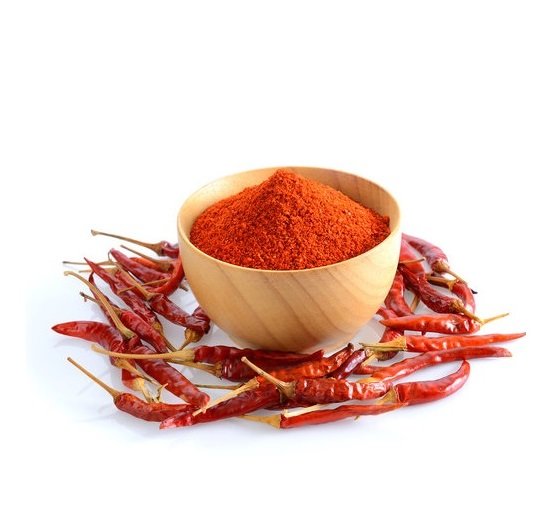
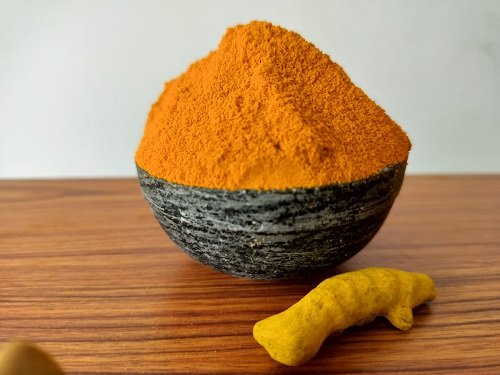

Reviews
There are no reviews yet.